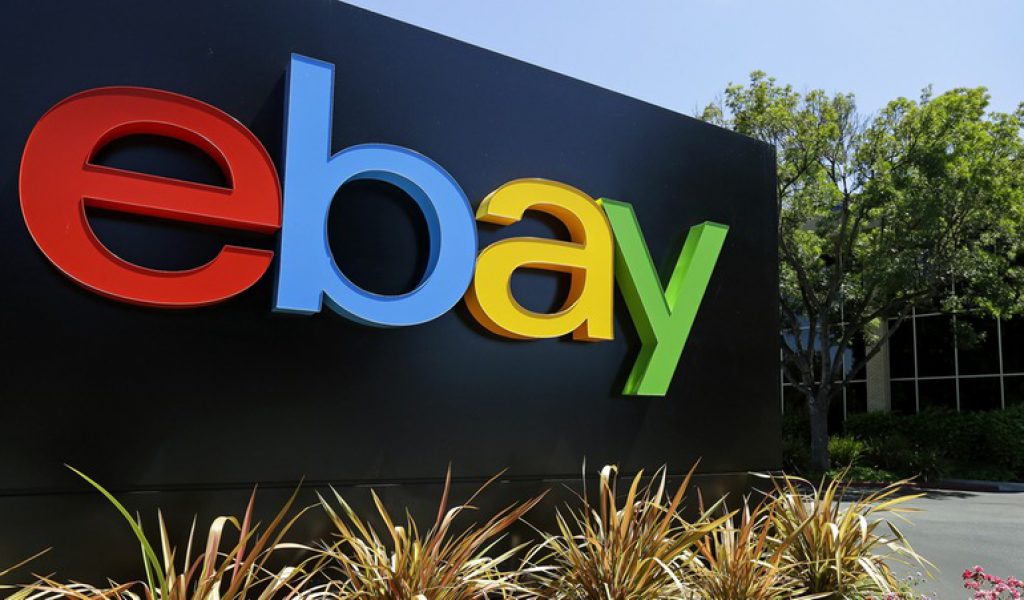Ebay founder launched tests in Kenya giving free money
Omidyar Network, the philanthropic investment arm started by eBay founder Pierre Omidyar, has invested $493,000 into an experiment giving people in Kenya free money.
The Omidyar Network is hoping the study will help advance the debate around basic income from broad theoretical terms to more practical considerations.
Universal basic income (UBI) is the notion that a government should guarantee every citizen a yearly sum of money, no strings attached. The thinking is that such a program would relieve economic stress as automation technology severely reduces the demand for labor.




